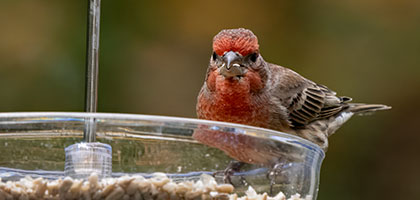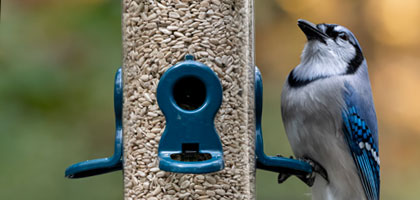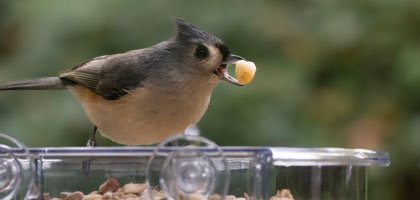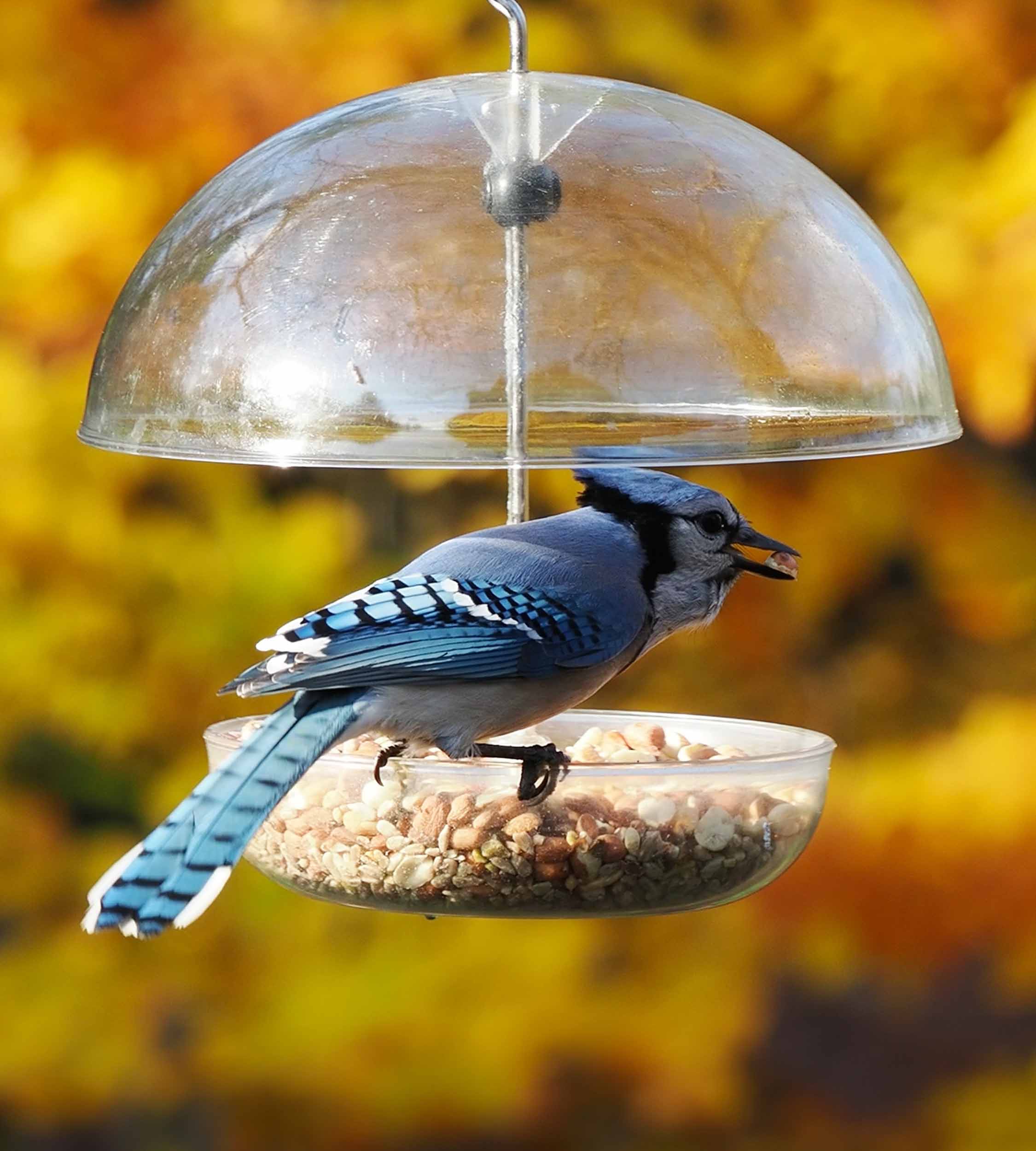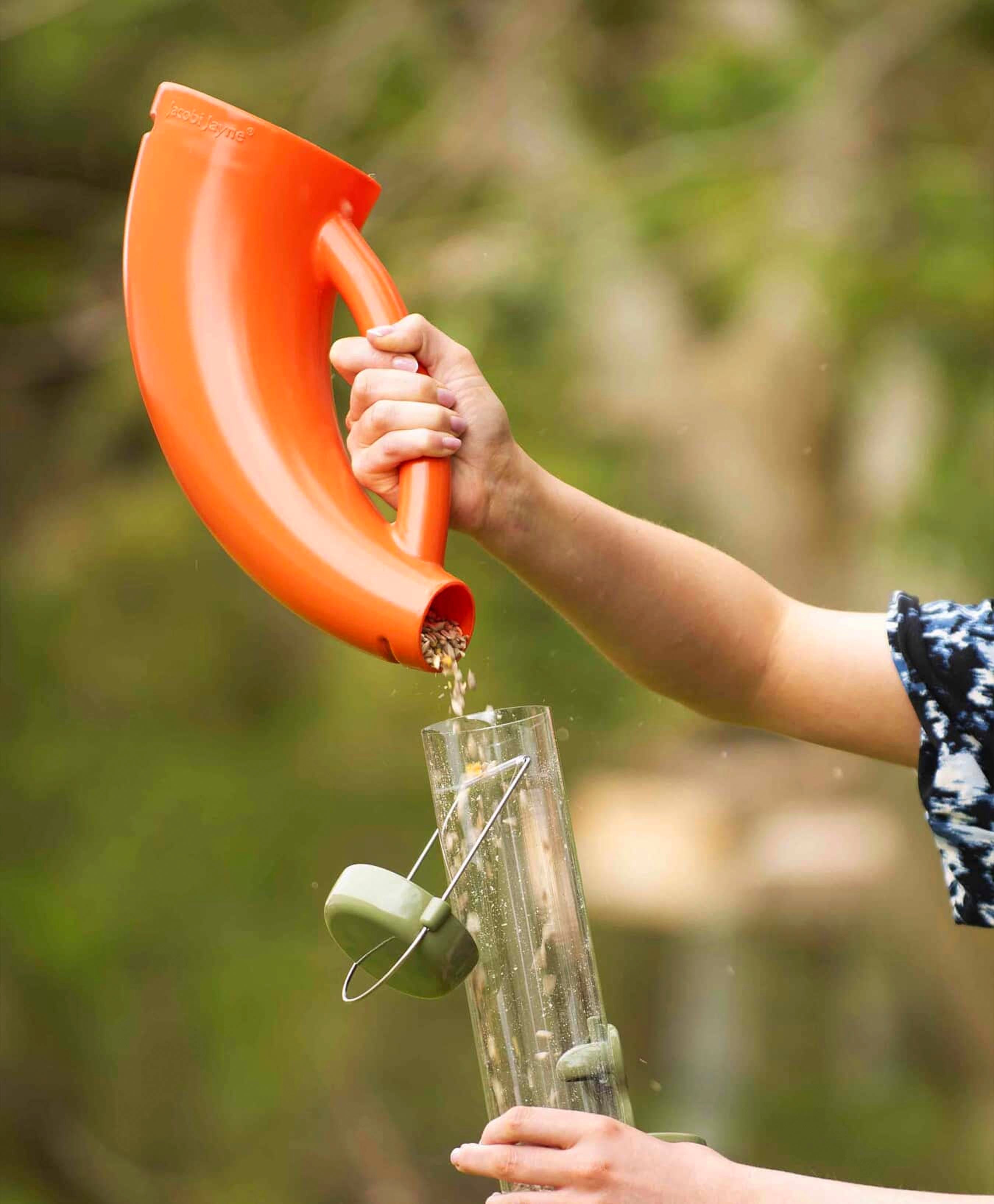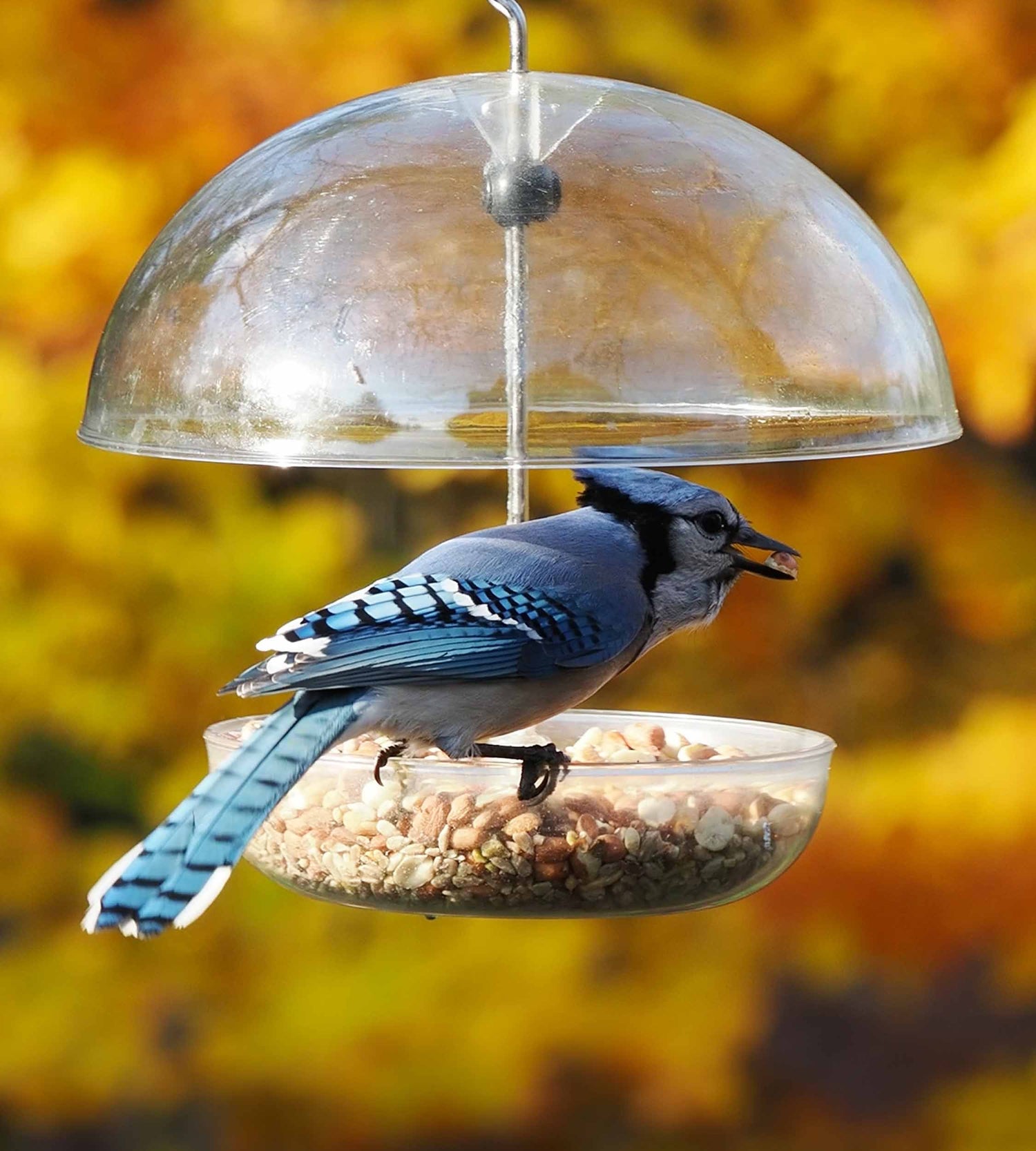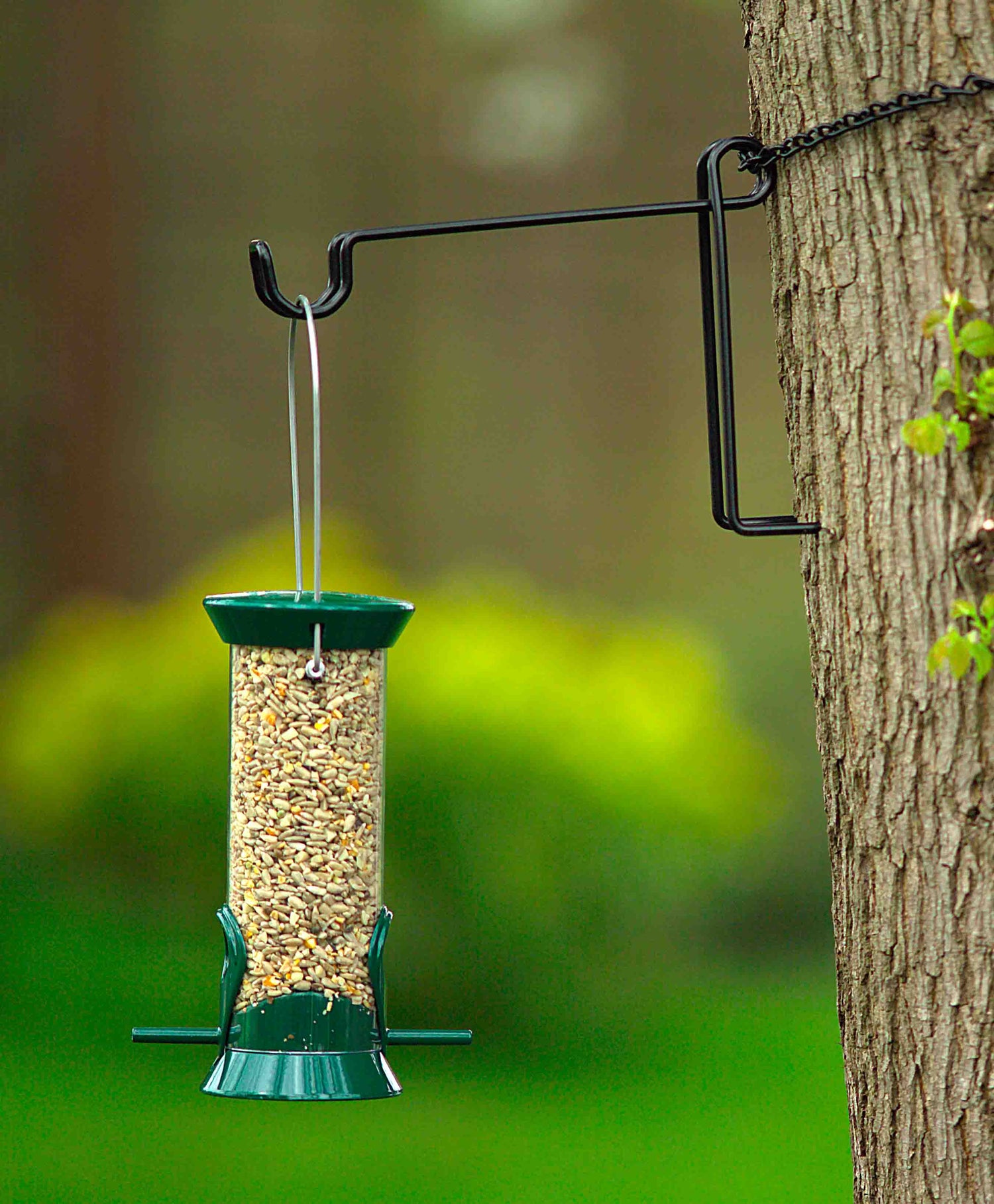Feeding ducks can be a delightful experience. Whether you're a duck owner or a bird enthusiast, it's important to know what's safe for these feathered friends to eat. One common question is, "Can ducks safely eat bird feed?" This article aims to answer that question. We'll delve into the nutritional needs of ducks and how bird feed fits into their diet. We'll also explore the potential risks of feeding ducks bird feed. Not all bird feeds are created equal, and some may contain ingredients that are harmful to ducks.
By the end of this guide, you'll have a better understanding of what to feed ducks. You'll also learn how to contribute positively to their health and the local ecosystem.
Understanding Duck Nutrition
Ducks have unique dietary needs compared to other birds. They require a balanced intake of proteins, carbohydrates, vitamins, and minerals to thrive. Niacin is a particularly crucial nutrient for ducks.
These waterfowl are omnivores, consuming a variety of foods in the wild. Their natural diet includes aquatic plants, insects, and small fish. Understanding these nutritional foundations is vital in providing suitable nutrition for domesticated ducks. Meeting their dietary needs promotes good health and prevents deficiencies.
The Risks of Feeding Ducks Bird Feed
While ducks can eat bird feed, not all types are ideal for them. Many bird feeds are formulated for other species, which have different dietary needs. As a result, ducks may miss out on essential nutrients.
Some bird feed contains additives that could pose health risks to ducks. Ingredients like artificial preservatives or flavors may cause digestive issues. Moreover, certain feeds lack the niacin that ducks specifically require for proper growth and metabolism.
Feeding ducks bird feed in excess can lead to problems like obesity. Overfeeding may disrupt their natural foraging behavior, affecting their health. Here are some key risks of feeding ducks bird feed:
- Nutritional imbalances due to different nutrient needs.
- Presence of potentially harmful additives or preservatives.
- Over-reliance on bird feed can lead to obesity and disrupt natural habits.
It's important to understand these risks to ensure ducks receive a balanced diet.
Can Ducks Eat Game Bird Feed?
Game bird feed is often higher in protein compared to regular bird feed. This can be beneficial for ducks, especially when they are molting or growing. Protein supports their feather growth and overall vitality during such demanding life stages.
However, while game bird feed may seem suitable, it’s crucial to check its ingredients. Some may contain additives or excessive protein levels not suitable for regular feeding. Moderation is key, as too much protein can lead to health issues. Always ensure that the game bird feed complements the ducks' broader diet, providing them with a balanced nutritional intake.
Safe Duck Feeding Practices
Feeding ducks requires care and responsibility to ensure their health and safety. Begin by providing a balanced diet that includes grains, greens, and a reliable source of protein. It's critical to avoid feeding them processed foods, such as bread, which lack nutritional value and can harm their health.
Water access is also essential as ducks consume feed. They need clean water to help digest food efficiently. Furthermore, maintaining clean feeding areas is necessary to prevent disease spread. For example, use a seed tray to collect any discarded seed underneath your feeders. By following these practices, you contribute to the well-being and longevity of ducks in your care or local area.
What to Feed Ducks Instead of Bird Feed
Ducks thrive on a diverse diet that mimics their natural foraging habits. Providing them with foods that match their nutritional needs ensures their health remains optimal. While bird feed might seem like a convenient option, other foods offer better nutrition for ducks.
Consider these alternatives when feeding ducks:
- Whole grains: Opt for oats, barley, or cracked corn.
- Fresh greens: Lettuce, dandelion greens, and spinach are excellent choices.
- Proteins: Mealworms and earthworms are ideal sources.
These options ensure ducks receive the essential vitamins and minerals they require. Feeding them fresh vegetables and fruits also enhances their nutrition. Always introduce new foods gradually and observe how the ducks respond.
Avoid feeding ducks foods that can be harmful, such as chocolate or avocado. These items can be toxic and cause severe health issues. A varied, nutritionally complete diet will keep ducks healthy and satisfied, while also supporting their natural growth and behavior.
The Impact of Feeding Ducks on Local Ecosystems
Feeding ducks can significantly affect local ecosystems if not done properly. Overfeeding creates dependency, making ducks reliant on human-provided food instead of foraging naturally. This changes their dietary habits and can lead to nutritional imbalances.
Furthermore, excessive feeding can lead to overcrowding in certain areas. More ducks in a smaller area can increase waste production, impacting water quality and plant life. Overfeeding also disrupts local wildlife balance, as other animals might be drawn to the free food source.
To minimize negative impacts, encourage natural foraging alongside any supplemental feeding. This helps maintain environmental balance and supports local biodiversity. Being mindful of the ecosystem ensures that both ducks and surrounding flora and fauna thrive together harmoniously.
Tips for Choosing the Right Feed for Domestic Ducks
Selecting the best feed for domestic ducks is essential for their health. Look for feed specifically formulated for ducks, as these products cater to their unique dietary requirements. A good duck feed should include balanced protein, calcium, and crucial vitamins.
When choosing feed, inspect the label for ingredients and nutritional information. Ensure the feed does not contain harmful additives or excessive fillers. Quality feed supports healthy growth, feather maintenance, and egg production. For more tailored advice, consult with a veterinarian or avian nutrition expert. They can provide guidance based on your duck's specific needs and environment.
Conclusion: Best Practices for Feeding Ducks
Feeding ducks demands a mindful approach to ensure their health and environmental balance. Favor feeds suited for ducks and avoid processed human foods. Prioritize moderation and offer diverse natural foods. Remain informed and seek expert advice for balanced feeding practices. Always prioritize the well-being of both ducks and their habitats.
